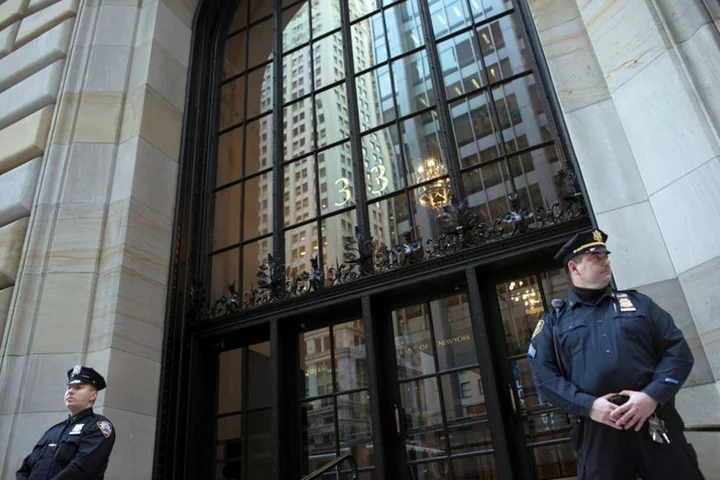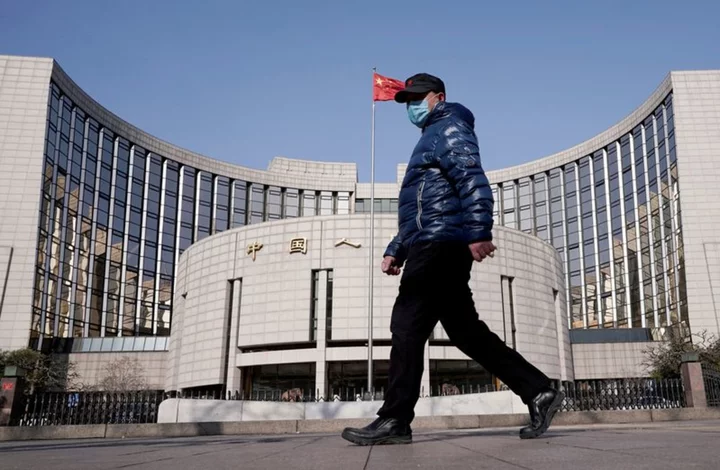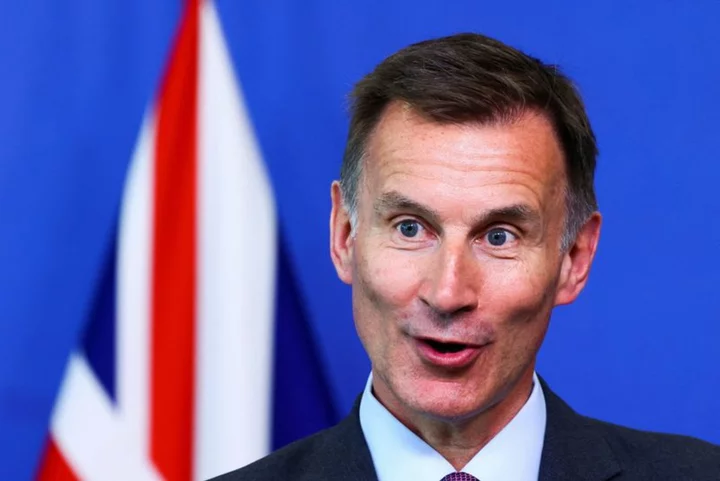Turkey's central bank hiked interest rates to 15% from 8.5% Thursday in a dramatic reversal of its unorthodox policy of cutting the cost of borrowing to tame painfully high inflation.
Annual consumer price inflation has come down from a two-decade high of 85.5% in October but was still almost 40% in May.
This is the first rate decision by Turkey's central bank since last month's reelection of President Recep Tayyip Erdogan.
It is also the first rate increase in more than two years, and the central bank's first decision since the appointment earlier this month of new governor Hafize Gaye Erkan, a former Goldman Sachs banker and the first woman to hold the position.
Erdogan had ordered his central bank to cut rates nine times since late 2021, when inflation around the world started to accelerate, whereas most economies have raised rates.
In that time, the value of the Turkish lira has crashed almost 170% to stand at a record low of 23.60 against the US dollar on Thursday.
A weaker lira has aggravated Turkey's cost-of-living crisis by making foreign imports more expensive, and pushed the government to use up billions of its foreign currency reserves in an attempt to boost the currency's value.
But Erdogan — who has fired four central bank governors in as many years — has since reassured investors that he intends to normalize Turkish economic policy by filling key posts with more orthodox figures such as Erkan.
This month, Erdogan also appointed Mehmet Simsek, Turkey's former deputy prime minister and finance minister, and a former economist for US wealth management firm Merrill Lynch, as his finance minister.
This is a developing story and will be updated.









